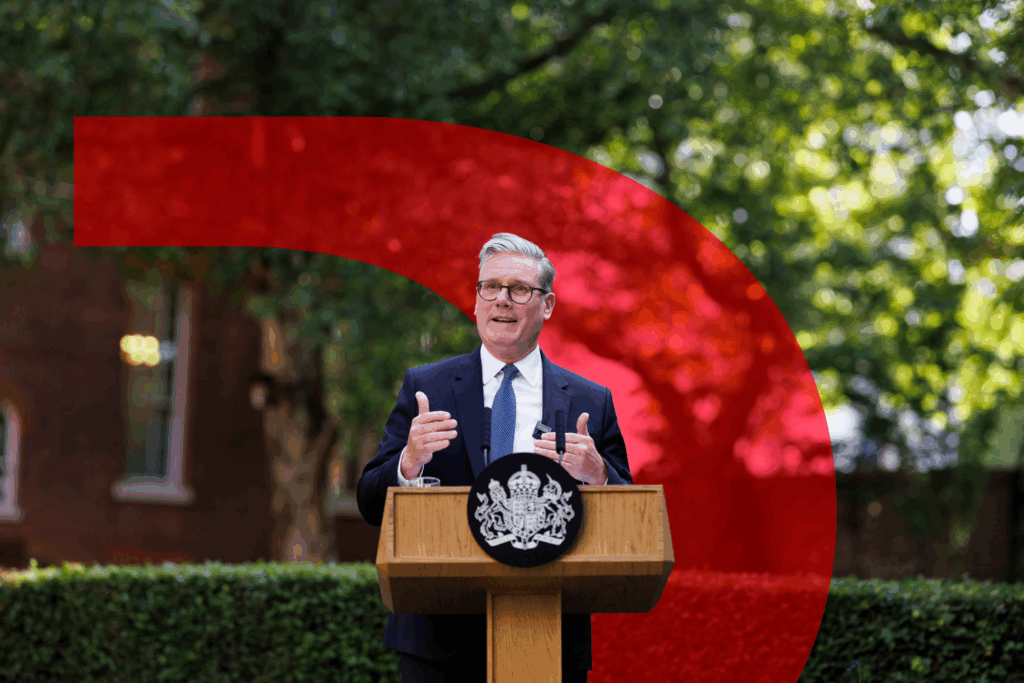Great Britain may not exist in a year’s time. A strange thought, and one coloured with real emotion.
But to date the majority of arguments for and against Scottish independence have pulled at the purse strings as much as the heart strings.
In Alex Salmond’s November White Paper he attempted to convince the Scottish public of the financial benefits of going it alone.
Only the day before, the media reported that independence could leave Scottish taxpayers £1,000 worse off per year, and the Westminster Treasury wasted no time in calculating the tax increases required to pay for SNP promises.
Of course, it is essential to consider the possible financial implications of deciding to become an independent country, but predictions for the Scottish economy can only be guesses or projections. There are no guarantees that Scotland will be better or worse off after independence.
It is much harder to argue against the emotional pull of nationalism: the desire to decide your own destiny as a distinct community, bonded together by history, culture and geography.
The world’s three most recently independent countries, South Sudan, Kosovo and Serbia were all born of violence; the emotional pull of independence was so acute that there was little need to argue for or against the economic case.
In 1991, Somaliland, a still-unrecognised region of Somalia a little larger than England and with a population of around 4 million people, decided to go it alone.
Like many 20th century states, Somaliland as a distinct geographical, political and social entity was forged by colonialism and civil war.
Somalia and Somaliland were run as two separate countries by the colonial powers of Italy and Britain respectively until 1960. Five days after gaining its independence from the British, Somaliland decided to merge with Somalia.
The union, unhappy almost from the beginning, fractured permanently when the Somali regime of Mohamed Siad Barre waged a brutal war against Somaliland in the 1980s in which 50,000 civilians lost their lives. As Somalia disintegrated into chaos, Somaliland took the opportunity in 1991 to regain control of its own future.
Somaliland’s elders made this decision in order to save and protect the lives of their people, not because of the economic benefits that the independent nation might accrue.
In fact, Somaliland sacrificed much of the international aid that has been made available to Somalia’s government in Mogadishu. And without recognition, it has also been unable to access the global currency market.
As a result, the government relies almost entirely on tax receipts and remittances from the diaspora to make up its annual budget.
And yet, over the last two decades Somaliland has built a stable, democratic state with the most open economy in the region.
The government has put in place functioning state institutions, and foreign investment is beginning to flow back in to help strengthen the economy.
While being untied from decades of instability and violence has undoubtedly allowed the Somaliland government to shape a better future for its citizens, the economic arguments for or against independence have not been at the forefront.
In contrast to South Sudan, Kosovo, Serbia and the as yet unrecognised Somaliland, the problem Alex Salmond faces is that, in many ways, the union of Scotland, England and Wales has worked extremely well. For three centuries, Great Britain has been stable, secure and prosperous.
Next year’s referendum has been scheduled 700 years on from the battle of Bannockburn, a famed victory over the English by Robert the Bruce. But gimmicks, aimed at pulling at the heart-strings, may not be enough to carry the vote.
The emotional pull towards independence is undoubtedly real, but relatively weak by international standards. Of course, Alex Salmond will need to call on national pride to persuade the electorate that Scotland will flourish in the global economy as an independent nation, but without the draw of a significant improvement in their everyday lives will the Scottish people be prepared to take the risk?
In 2011, 65% of Scots told one poll they’d vote for independence if it made them £500 better off – but only 21% said they would vote to leave the UK if it cost them a similar amount.
This is what makes the Scottish independence agreement unique. Relatively cool-headed voters are being asked to weigh up the financial pros and cons of independence before making their decision.
The results will be watched closely by other aspiring national movements in a similar position, such as those in Flanders, Catalonia and Brittany. Their respective current home states will equally be watching to see whether economic well-being or national identity is the ultimate victor. ‘Better off together’ is a slogan we might be hearing again.






